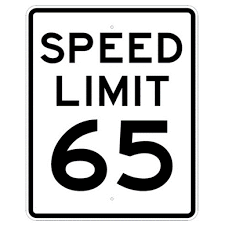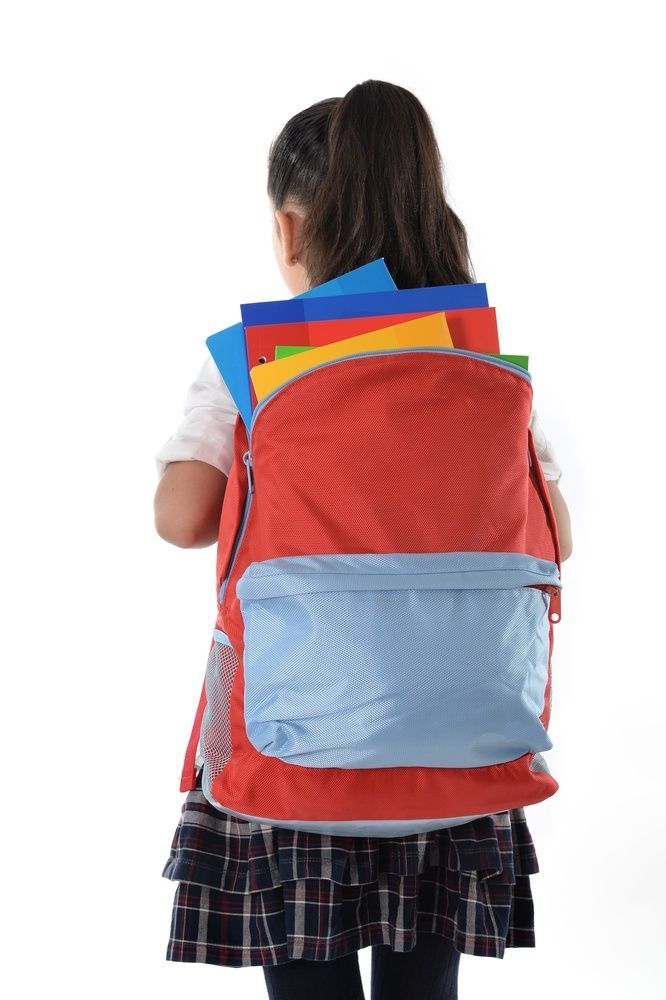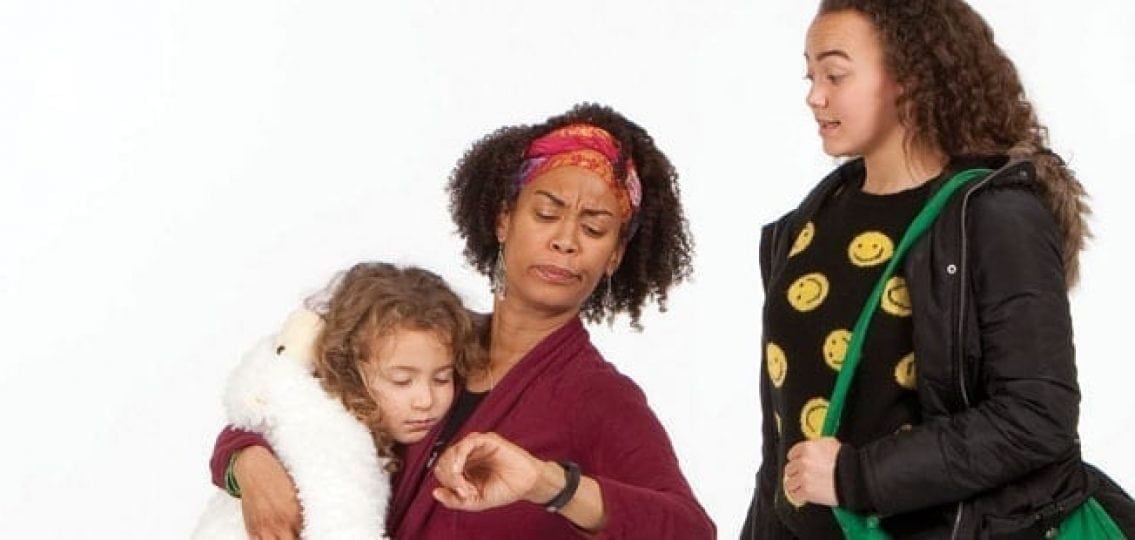Loving limits help surround our children with a sense of safety, consistently and trust. Why are these things so important?
We all need to know the rules, the boundaries and the expectations. When we know what the expectations are, we are able to function and succeed. When the expectations are unclear or change often, fear and anxiety set in.
When you need to travel somewhere new or unknown, your own anxiety can be triggered. How do I get there? What is the address? What is the speed limit, where are the signs? There are supposed to be signs! This can be very stressful. Being provided the limits or expectations helps us remain calm and able to function.

My sister recently got pulled over for going 82 mph in a 65 mph zone, she got a ticket. Her response was while she was frustrated, the reality was she knew the rules or limits, and also the consequence she was risking. She can be upset, but she’s upset with herself. The speed limit signs are up frequently reminding you of the speed limit. We have been taught the clear expectations or limits and understand the consequences if we break the rules… a ticket.
If the rules changed and were not posted or the consequence wasn’t the same; then the reaction would be very different. Imagine if a police officer said “well today we decided that the limit is lower, we didn’t have time to change the signs, and the consequence is taking your license for the month,” then you would be very angry and rightfully so, the expectations changed and you didn’t know.
FAMILY RULES
Children need to have clear expectations. We need to provide them with clear, loving limits. This is done in many ways. First setting house rules, remembering that these are house rules and everyone in the house will follow them. We can’t state a house rule of bed at 8 p.m. or eat all your vegetables unless you plan on also being held accountable to these rules. The rules need to be simple in their wording and explain what to do rather than what not to do, with a maximum of five.

Common house rules are:
- Listen the first time
- Be kind
- Use helping hands
It is helpful to have a family meeting to talk about these rules together, write them down (picture cues are also very helpful for younger children), and display them in a common area. Sharing these rules and expectations is similar to when we were in driving school. Remembering we still need to be reminded of these rules…. cue the speed limit signs. So, it is important to have these displayed and to talk about them frequently to remind everyone kindly of the behavior you expect in your house.
Our rules and expectations when we leave the house or do something new will change. Sharing these rules with our children is helpful each time. Staying with the driving analogy… enter a construction zone… the rules change. When you go out to eat, the rules change. Sharing and reviewing these rules or expectations before entering the restaurant will be helpful. Saying, “when inside the restaurant we stay seated, use manners and inside voices.” Stating our expectations helps our kiddos be successful in a new setting.

CONSEQUENCES
When these rules are broken the most effective consequences are natural and logical consequences. Natural consequences are those that happen without anyone imposing them. For example, when my kiddo did not put their bike away it was stolen, that was a natural consequence. Logical consequences are those that relate to the behavior that is being corrected and are imposed by someone. These are best when they are immediate and consistent. If I was the one who found the bike not put away then a logical consequence could be losing the privilege to ride the bike the rest of the day. Keeping these consequences quick and immediate enhance the effectiveness.
Examples of Natural
- Child argues about wearing gloves in winter to play outside; provided frostbite is not an issue “the gloves will be here if you change your mind.”
- Child argues there is no homework tonight; the next day they will have to face the teacher and peers.
- Child spends allowance foolishly; there is no money for the newly released video game.
- Child cheats in playing with friends; friends will start to stay away.
- Child is bossy with friends; friends will start to stay away.
- Child wants to put too much stuff in the backpack; they have to carry it.
- Child refuses raincoat or umbrella when raining; they will get wet.
Examples of Logical Consequences
- Leaves toys all over—toys get a timeout
- No dinner, no dessert (or late-night snacks for that matter).
- Ride bike outside area permitted--bike gets grounded
- Does not wear bike helmet--bike gets grounded
- Stays out beyond curfew hours--curfew time becomes earlier
- Destroys property--pays for it out of allowance, work, etc.
- Sneaks out of house--grounding for reasonable period of time
- If clothes do not get to the hamper—they do not get washed.

Providing these loving limits and consistent consequences enhance our children’s sense of safety, consistency and trust within us. They are able to better relax and rest assured that we as their parents have everything under control.
C&A’s Larissa Haring’s final blog post in this series will be on problem solving and coping skills. Haring is C&A’s Early and Middle Childhood program manager. For more information on any of C&A’s services, please call 330-433-6075.
RECENT POSTS












